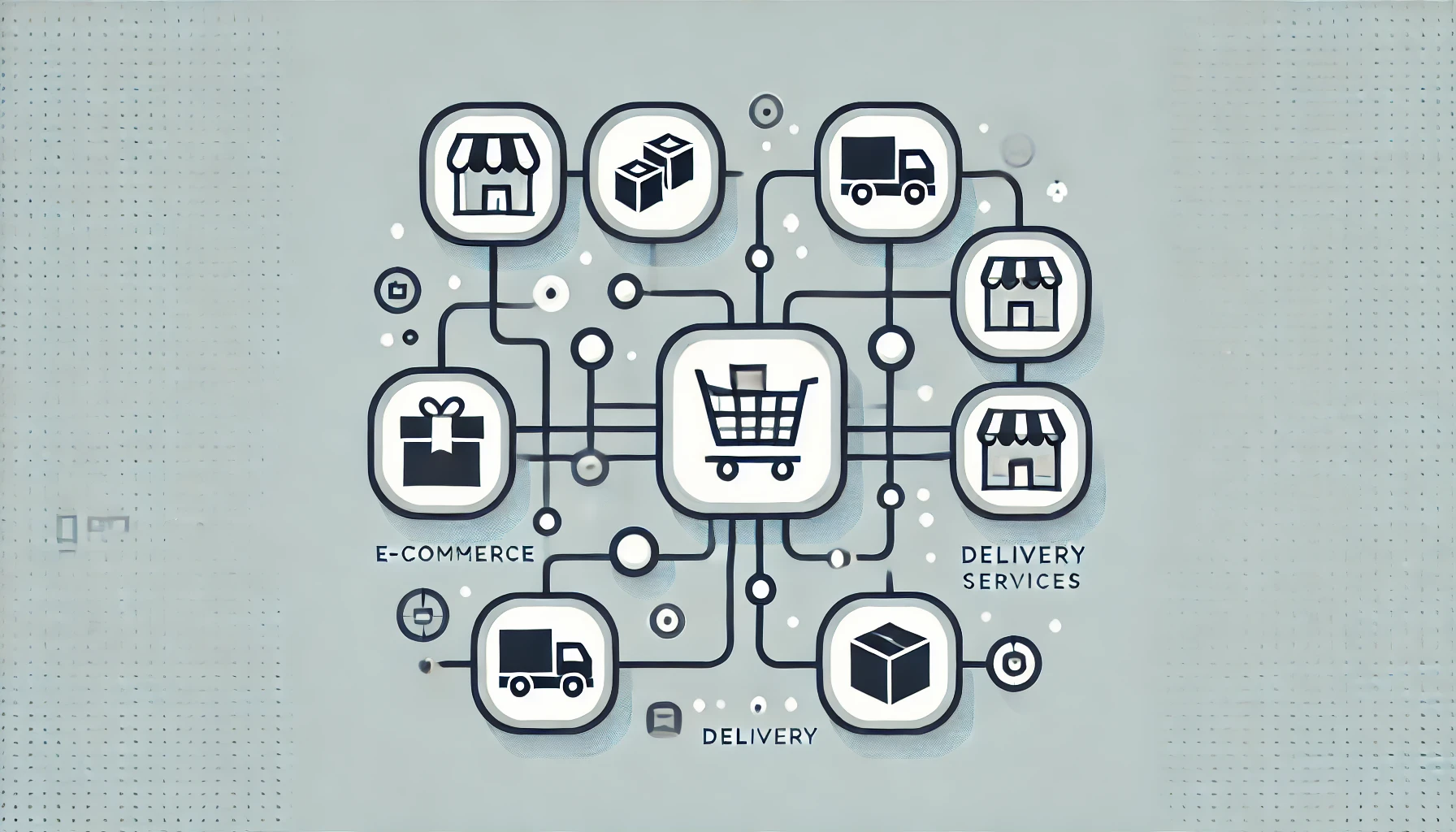Omnichannel vs Multichannel Order Fulfillment & Management
Last Updated Aug 25 2025
Orfula Team | Mar 16, 2025

What is Omnichannel Order Management?
Omnichannel order management and fulfillment is the process of integrating multiple sales channels, such as your own online store and third party e-commerce platforms, into a single source of truth system. This system should be updating and synchronizing your orders and inventory in real time from your sales channels so that you can review and manage those orders in one place. The integration of any sales channels should be seamless, providing flexibility and scalability to the order fulfillment process. Also, since the orders are in one place, it is quicker and easier to manage customer requests like refunds, shipping statuses, and leading to increased customer satisfaction.
What is Multichannel Order Management?
Multichannel order management and fulfillment is the process of handling orders from each sales channel independently, with potentially fewer overlapping integrations. This means your business would need to review and manage orders and inventory separately for each channel. Each of these channels may have its own way of operating, including different order models and business logic, even if you are selling the same product.
Since orders are located between different source channels, it might take longer to fulfill customer requests, leading to a decrease in customer satisfaction. However, one of the biggest advantages of a multichannel strategy is its effectiveness in marketing. By leveraging multiple independent sales channels—such as an e-commerce store, marketplaces like Amazon or eBay, and brick-and-mortar locations—you can increase brand visibility and reach different customer segments. This allows businesses to test different marketing strategies per channel and optimize their approach based on which platform delivers the best results.
Which Strategy Is Better?
There is no one-size-fits-all strategy, but omnichannel order management offers clear advantages for businesses of all sizes.
If your business has multiple sales channels, managing each one separately can lead to inefficiencies, increased operational costs, and fulfillment delays. A multichannel fulfillment approach requires businesses to track inventory and orders independently, which becomes increasingly complex as sales grow. This fragmentation can result in overselling, stock shortages, and a disjointed customer experience.
Omnichannel order management eliminates these challenges by synchronizing orders and inventory in real time across all platforms. This ensures customers can shop seamlessly, whether they buy online, pick up in-store, or return an item through a different channel. For small businesses, omnichannel provides automation and efficiency, reducing manual work and allowing for smoother operations. For larger enterprises, it enhances scalability, optimizes fulfillment processes, and increases customer retention.
As explained earlier, the multichannel strategy provides marketing advantages to businesses. While multichannel is great for broadening brand awareness, the lack of integration between channels can create challenges in order fulfillment and inventory tracking. This is where omnichannel order management strategies provide the best of both worlds—allowing businesses to maintain a strong marketing presence across multiple channels while ensuring a seamless fulfillment process.
Conclusion
In conclusion, a business that adopts an omnichannel approach early can streamline operations, improve fulfillment speed, and stay competitive in an evolving market. While pure multichannel strategies may be effective for marketing, they create inefficiencies in order and inventory management by having multiple source of truth systems that pose challenges aggregating data; ultimately hindering data driven decisions.
By going with a hybrid approach (multichannel for the marketing benefits and omnichannel for order management), businesses can maximize sales while ensuring a seamless integration pipeline. Whether you’re a growing startup or an established brand, omnichannel strategy is the future of order management.
Looking for an order mangement system that scales?
With Orfula, you can manage orders from different channels with ease and efficiency.
- No deployments needed
- No ELT/ETL pipelines necessary
- Centralized order logic
- Fine-grained stock accuracy
- BOM & COGS management
Stay Updated
Join our mailing list to be first in line for product updates, expert tips, and industry leading information.